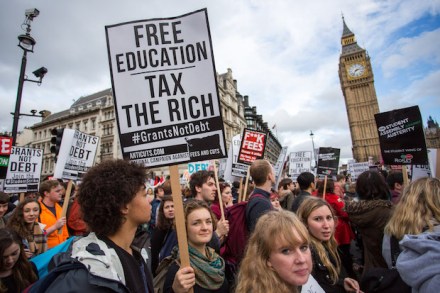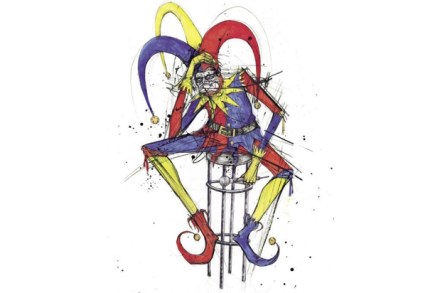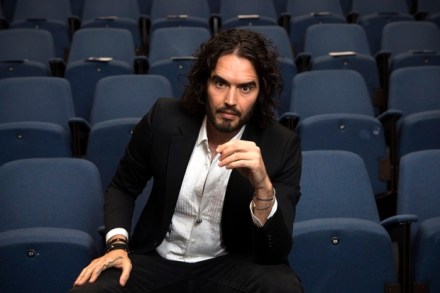Are young Londoners financially squeezed?
London, along with other capital cities like Singapore, Hong Kong, Kyoto are thought to be one of the most expensive cities to live in the world. So is London Mayor Sadiq Khan, going too far by suggesting that every young Londoner should be entitled to a bank account? The simple logic should be: if you can’t afford to live and work in London, don’t move to London. But I suppose it is not as simple as that, and the good, great and the millennials have been lured to the Capital for studying, family or work reasons. This sort of simple logic might be a tad unreasonable. In the first week





















